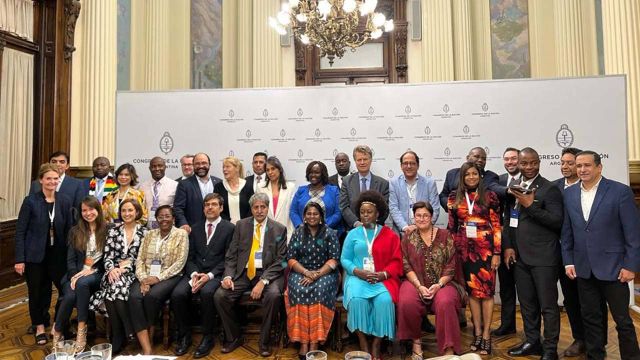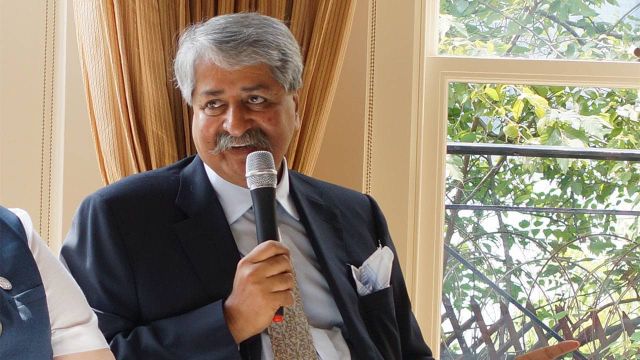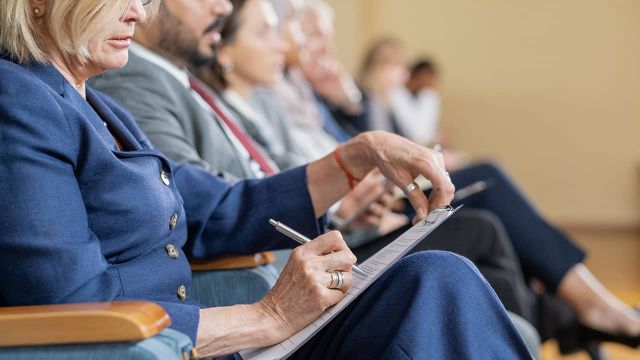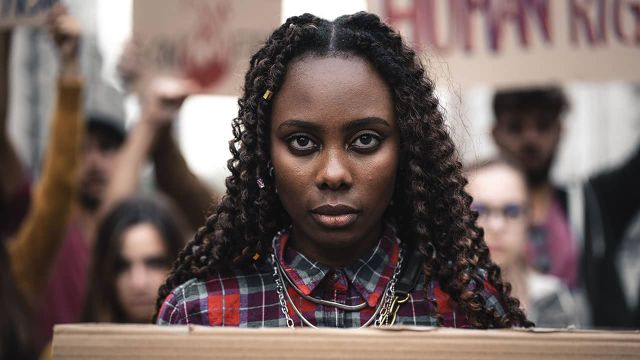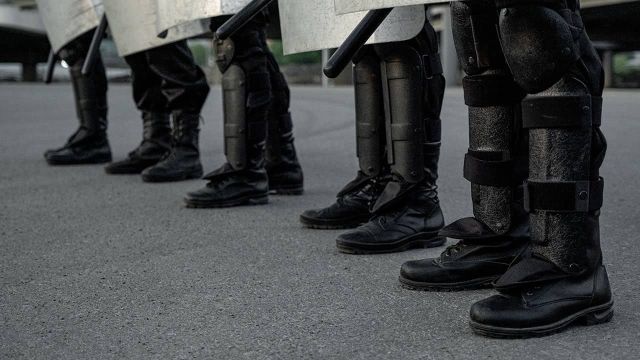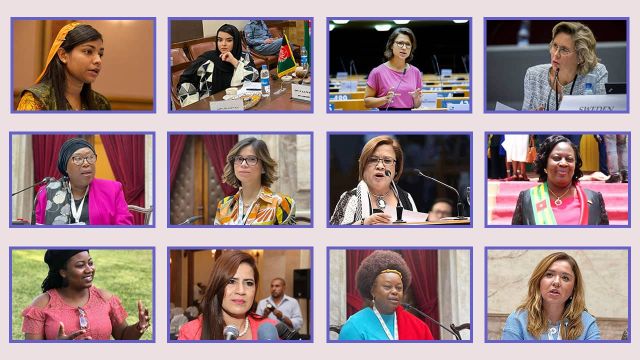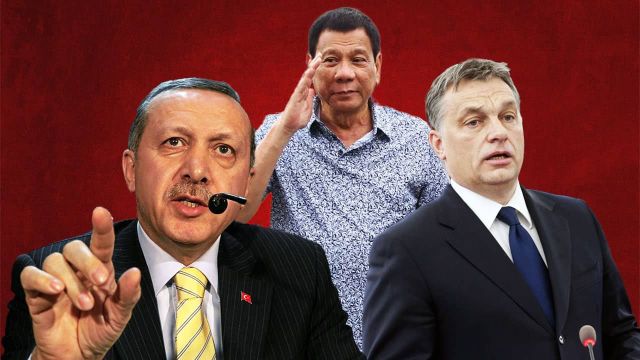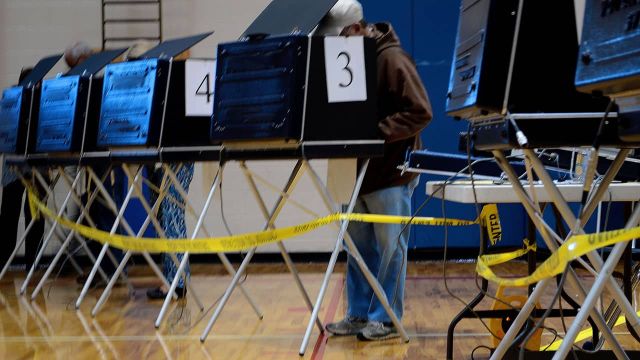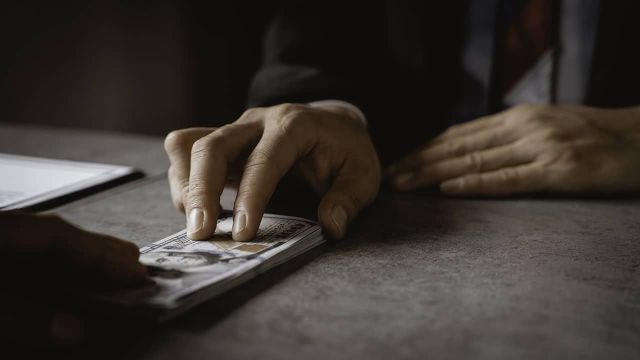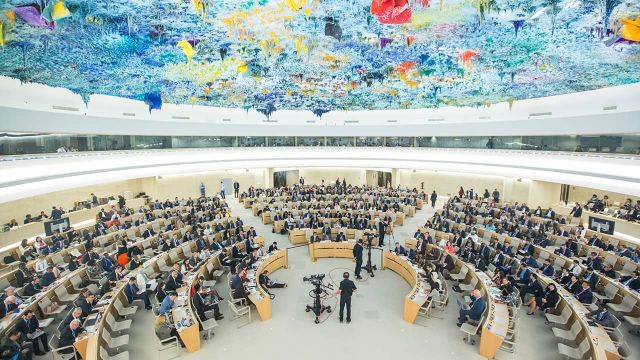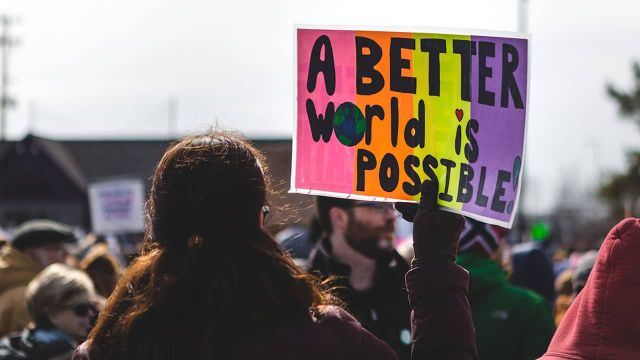Democracy is both an ideal and a practical form of government. Its institutions allow individuals to work toward peace, the rule of law, justice, sustainable development, inclusion, respect for human rights, and prosperity. They also provide conditions for individuals to achieve their greatest potential. No country in the world has a perfectly functioning democracy. Nonetheless, the collective will to ensure the system operates well for all members of society makes democracy the most resilient form of government and the only one that caters to the profound desire for freedom inherent to humanity.
In 2020, the unprecedented COVID-19 pandemic touched every corner of the globe and highlighted the fragility of our systems, including democratic ones, and inequities in our societies. Vulnerable populations, including refugees, displaced persons, detained and incarcerated individuals, LGBTQI+ communities, persons with disabilities and underlying health conditions, as well as first responders, especially health care personnel and humanitarian workers, faced disproportionate and poorly mitigated risks. In a climate of fear, marginalized sectors of society already living in precarious circumstances confronted further alienation and victimization. Western liberal democracies greatly suffered, but the public’s demand for rights and liberties remained.
Government responses to the global health crisis eroded fundamental pillars of democracy, including:
- Separation of powers;
- Checks and balances;
- Transparency;
- Freedom of the press and freedom of expression;
- Trustworthiness and legitimacy of elections; and
- Protection of minorities and vulnerable populations.
Today, despite the World Health Organization (WHO) declaring the end of the global COVID-19 pandemic, we still witness the consequences of rollbacks of democratic gains. Threats to democracy are not new, but contemporary challenges add new layers of nuance and complexity.
For the 17th consecutive year, democracy is in decline.1 Elements of backsliding include the progressive erosion of democratic principles and institutions, the rising perpetuation of disinformation, the encroachment of the executive over other branches of government, and the repression of vulnerable populations and minorities – including opposition members and human rights defenders.
As human rights abuses amass, democratic practices are abandoned and justice retreats. Parliamentarians are on the frontlines and, through their constitutional mandate, are responsible for standing against these dangerous trends. As representatives of the democratic branch closest to citizens, parliamentarians can resist attacks on democracy, shape national agendas, and work with all relevant stakeholders, including civil society, to preserve civic and political space. Unfortunately, parliamentarians themselves are increasingly at risk, especially in contexts of democratic backsliding. Recent assaults on democracy and civic space have often entailed attacks on their physical integrity and psychological well-being.
In the framework of its Democracy, Gender, and Inclusion Program, PGA’s Campaign for Democratic Renewal and Human Rights is central to the realization of Sustainable Development Goal (SDG) 16, which commits governments to providing access to justice for all and building effective, accountable and inclusive institutions at all levels. Democratic governance is both a means to this end and an end in itself. Parliamentarians are critical to achieving this objective through their representative, legislative, and oversight functions. As the UN notes, “SDG 16 is critical for parliaments, and parliaments are critical for SDG 16.
In the framework of their constitutional mandate, parliamentarians are obliged to protect democratic institutions, ensure good governance, promote inclusiveness, and uphold human rights. As parliamentarians are at the forefront, they can lead the charge to preserve our democracies worldwide.
Footnotes:
1 Freedom House, Freedom in the World 2023: Marking 50 Years in the Struggle for Democracy, 2023.

